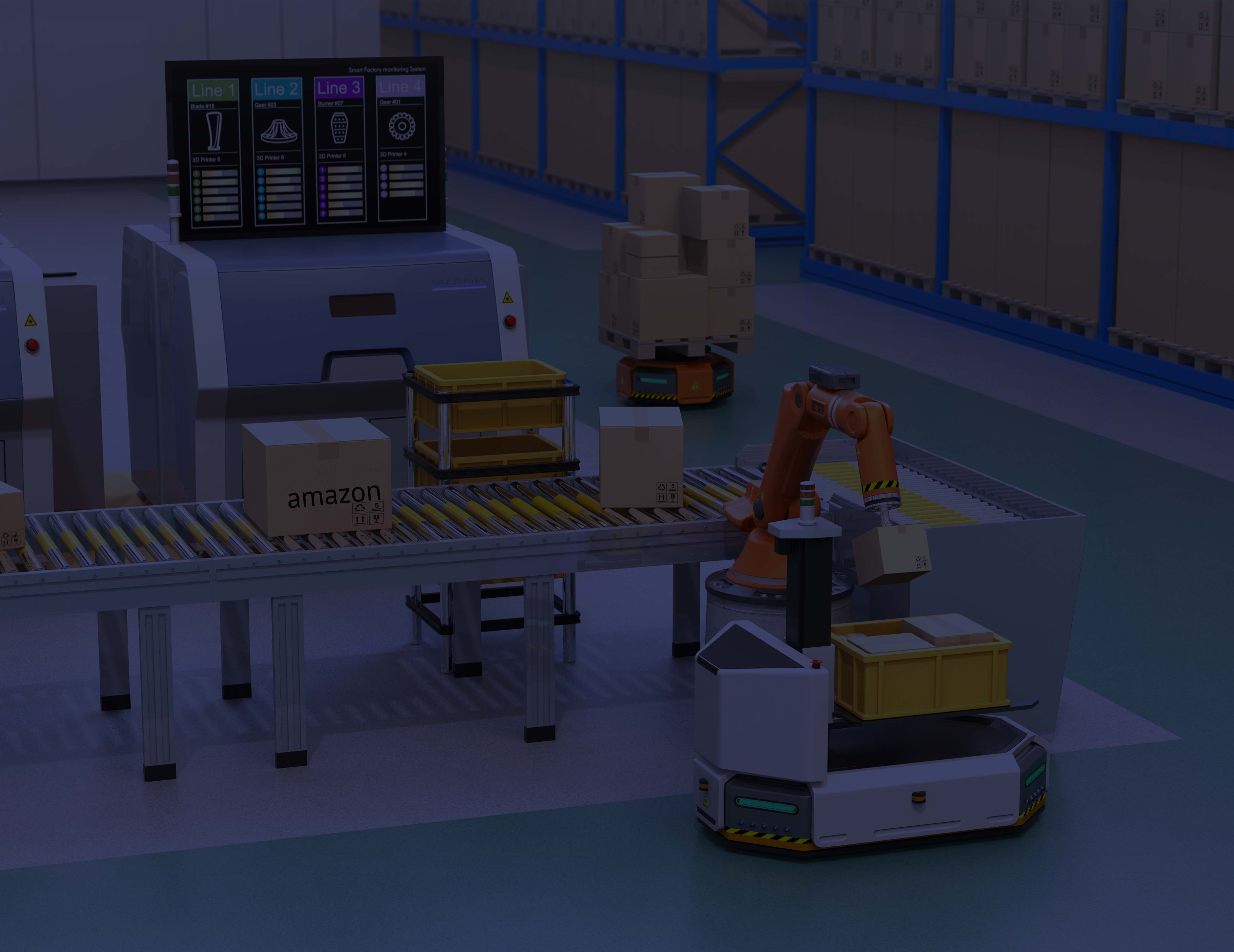January 31, 2018
From groceries to technology to clothes, online shoppers increasingly expect items to be delivered to their door with the swipe of a finger. But the growing demand for immediate delivery can be a nightmare for businesses and the logistics companies serving them.
Fueled by a rise in big data, artificial intelligence has made tremendous strides in making companies work faster, safer and more reliably. Logistics companies have been pining for an artificial intelligence solution of their own. But because the technology must integrate disparate supply chain platforms stretching across states, artificial intelligence has mainly served giants like Amazon and Walmart.
That’s quickly changing, as the technology becomes cheaper and more essential to day-to-day operations. Here’s how artificial intelligence will redefine logistics in the coming decade.
- Predict price points
One of the greatest challenges facing logistics companies is price setting across different locations and under unpredictable circumstances. By integrating data from sources throughout the supply chain, AI can help logistics companies analyze the cost of deliveries, taking into account weather disruptions, traffic patterns, and even ebbs and flows in consumer demand. For food and beverage companies working with perishable ingredients, the technology is a game changer.
2) See the unforeseeable
Logistics companies are often at the mercy of events out of their control. Natural disasters, car accidents, protests, and even union activity can affect the time and cost of delivery. Because artificial intelligence can analyze historical, government and business data across sectors, it can predict trends and correct disruptions before they drive up costs. Shipping companies like Maersk are investing in AI to help navigate blocked ports and tricky weather patterns, and predict maintenance issues on ships before they arise.
3) Smarter Solutions
Cheaper and more flexible than ever, robots are revolutionizing logistics. Intelligent sensors in warehouses can streamline the ordering process by monitoring and automatically restocking items before a shortage. Amazon famously filled its warehouses with robots to sort through and select items. But perhaps the most anticipated use of artificial intelligence will be in deliveries themselves, which will soon be automated through drones and self-driving trucks.
When it comes to artificial intelligence and logistics, we haven’t scratched the tip of the iceberg. As the technology becomes more affordable and prevalent, it will fundamentally alter the sector.
Marina Lopes is a freelance reporter and producer covering technology, politics and economy. Her articles and videos have appeared in the Washington Post, the Chicago Tribune, the BBC, NBC, and the PBS NewsHour.
Marina holds a graduate degree in journalism from Columbia University and a bachelor’s degree in International Relations from Boston College.
She speaks Portuguese, Spanish, English and French.
Share this article:




